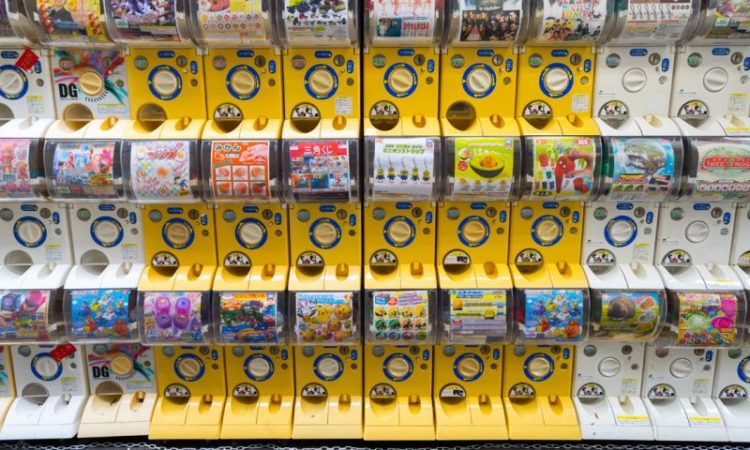This post is also available in:

Has any of your Japanese friends told you about the phrase “Read the air”? It’s a popular Japanese idiom that means to be aware of your surrounding situation and to act accordingly. If you can’t “read the air”, you would be labeled as a “KY” person, which stands for “Kuuki Yomenai”, a person who can’t read the air. So how do you avoid being a KY? Here are 3 typical situations you should know in order to avoid being a KY.
Last piece of food on the plate
You are at an Izakaya with your friends and colleagues. Your order arrives one by one, and soon your table is full of plates and glasses. Everyone is eating but also engaged in a conversation with each other. You notice that there is only one more Gyoza (potstickers) left on the plate. What would you do?
Even if no one else seems interested in it, you should step back and “read the air”. Did everyone get a chance to eat at least a piece? Who ordered the plate? How many pieces did you eat?
Once you think through all of these questions and feel like it’s fair for you to have the last piece, just ask, “Does anyone want this last piece?” If everyone encourages you to finish it, go ahead and enjoy your Gyoza! This is a very typical situation that can happen whenever you are sharing food with other people.
What can we learn from this? We should be aware that in Japan, modesty is seen as a positive trait in many cases. Instead of accepting every compliment, most people would decline them just to be polite. Knowing this comes in very handy especially when you are going to work with Japanese people that you’ve just met. Don’t be too restrained by it, but always be humble about yourself.
Being offered a tea
When you visit your friend’s house to drop off something, chances are that your friend or your friend’s family member will offer you a tea. This offer can be purely out of generosity, and in most cases, it is. But you shouldn’t take this offer for granted.
As with the previous situation, step back and “read the air”. What time is it? Did your friend know about your visit in advance? How close are you to your friend and his or her family member? Keep these questions in mind and politely decline the first offer. Thank them for the offer and tell them that you feel bad to bother them with your presence. If your friend still insists, then run through those questions in your mind again and make a decision.
This situation teaches us that Japanese people hesitate to directly express a negative reaction. Out of politeness, many Japanese people hesitate to say “no” and instead say or do ambiguous things. When being offered to buy something, a typical Japanese person might say “I’ll buy that next time when I come around” instead of just saying no. Act of offering a tea might come out of generosity, but it could also mean that that person wants you to decline that offer and leave so they don’t have to ask you to leave.
Offering a seat on a bus or train
Over time, Japanese people have established a pretty clear guideline on do’s and don’ts while on board a train or a bus. You might have learned about manners regarding cell phone and priority seats, or your common sense might tell you that you should be quiet while on board a public transportation system whether you’re with your friends or not. However, nothing is as difficult and complicated as the golden rule of “offering seats to elderly people”. It may seem simple enough. If you are sitting on a seat and see an elderly person standing, you should offer your seat to that person. But you should always be careful, because some people actually take your generous offer as an insult. They might think that you are trying to say, “You should sit down because you look old.” Believe me. I’ve made that mistake myself several times.
Before standing up to talk to that person, read the air and think about these questions: Does that person look tired? Is he or she holding onto a handrail or standing straight up? Was that person looking for a seat when he or she first came on board? Is it possible to offer your seat without gaining too much attention of the other passengers? Are there any other seats available?
After you think of these questions, quietly approach that person and ask if he or she would like to sit down. Sometimes, it might be better to just stand up without saying anything and stand somewhere else so that your behavior is not directed at a specific person.
What you should take from this is that Japanese people, especially people from Tokyo, are really shy. Because they are so shy, they feel embarrassed that they were seen as an old person in public, it is especially embarrassing when other passengers notice what is going on. That is why it is sometimes better to quietly stand up from your seat without saying a word and not gain too much attention of other passengers.
Never feel that these things apply to every Japanese person that you meet, and there is no need to feel stressed out by any of these things as they aren’t strict rules. But it is still helpful to know some typical “Japanese behaviors” in order to avoid being labeled as “KY”.
Natsuhiro Maruyama/ JAPAN








